Hydrating Before Blood Draw
Hydrating Before Blood Draw - Because of my kidney issues, i usually drink at least 80 ounces of water each day. If i have a blood draw or infusion scheduled, i try to drink more, especially if i’ve exercised heavily the day before. Drinking water before a blood test can help hydrate and plump up your veins. Web one of the primary reasons it is recommended to hydrate before a blood draw is to reduce the side effects that can occur with blood loss. Web at the very least, take one deep breath just before the stick, then release the breath for the actual stick. Web you'll want to start zeroing in on your water intake the day before getting blood drawn. Read this blog to find out the right amount. While fasting, you can and should continue to drink water unless instructed otherwise. However, it is always best to consult with your healthcare provider for personalized recommendations. With the increased blood flow, veins are less likely to collapse when punctured. If that were not enough incentive, drinking enough water is also essential to. Web one of the primary reasons it is recommended to hydrate before a blood draw is to reduce the side effects that can occur with blood loss. Drink plenty of water right up to 30 minutes before your appointment. If you are dehydrated, you are just asking. Most blood work procedures require fasting for approximately twelve hours before the draw. Read this blog to find out the right amount. Drink plenty of water before your blood test. It has been suggested to me by many nurses to start hydrating yourself the day before you draw blood. Studies have found dehydration can affect the accuracy of test results. So make sure you take advantage of this. Web hydrate with water. Web here are preparation tips you can follow on the day of your blood test: Most sources ecommend that an adult drink 64 ounces of water per day for good health, which is more than adequate for having your blood drawn. Web the science behind hydrating before a. Staying hydrated will help curb hunger, making it easier for the phlebotomist to draw your blood. Water can also help keep your blood pressure from dropping during the blood draw. Tips for staying hydrated before a blood draw. This is done mostly during surgeries and blood tests. For cholesterol and glucose tests, fast for at least eight hours before having. Web you'll want to start zeroing in on your water intake the day before getting blood drawn. While fasting, you can and should continue to drink water unless instructed otherwise. “i don’t even watch when i get my own blood. Are you confused about how much water you should drink before a blood test? Web in some cases, your phlebotomist. “i don’t even watch when i get my own blood. Drinking water is highly encouraged before a blood draw. Unless watching blood leave your body is fun for you, give your arm some privacy. If you have anxiety from needles or past pokes gone awry, take time before you leave and. The significance of water in blood donation. While fasting, you can and should continue to drink water unless instructed otherwise. Web drinking water can actually be useful before your test. Hydrate before a blood draw. Drinking water before a blood test can help hydrate and plump up your veins. Don’t look at that arm. Tips for staying hydrated before a blood draw. Web water is vital. Drinking water before a blood test can help hydrate and plump up your veins. Drinking water is highly encouraged before a blood draw. Web as a general guideline, it is recommended to drink at least 16 ounces (473 ml) of water before a blood draw. Don’t look at that arm. You know which arm we’re talking about. Web what is it important to stay hydrated before donating blood? This can make it easier for the technician to find your veins and draw your blood. Staying hydrated will help curb hunger, making it easier for the phlebotomist to draw your blood. Web at the very least, take one deep breath just before the stick, then release the breath for the actual stick. Most blood work procedures require fasting for approximately twelve hours before the draw. Hydrate before a blood draw. Web one of the primary reasons it is recommended to hydrate before a blood draw is to reduce the side effects. Web hydrate with water. If you have anxiety from needles or past pokes gone awry, take time before you leave and. Web you'll want to start zeroing in on your water intake the day before getting blood drawn. If that were not enough incentive, drinking enough water is also essential to. Studies have found dehydration can affect the accuracy of test results. You know which arm we’re talking about. If you are dehydrated, you are just asking for trouble. “i don’t even watch when i get my own blood. Dehydration can make undergoing a fast harder. When you are well hydrated, there is a good amount of water in your bloodstream, which makes it easier for blood to flow through your blood vessels. Hydration makes donating blood easier for both the donor and the phlebotomist. Meditate before going to the clinic. Adequate hydration improves blood flow, making your veins more accessible. Web water is vital. Water can also help keep your blood pressure from dropping during the blood draw. Drink plenty of water before your blood test.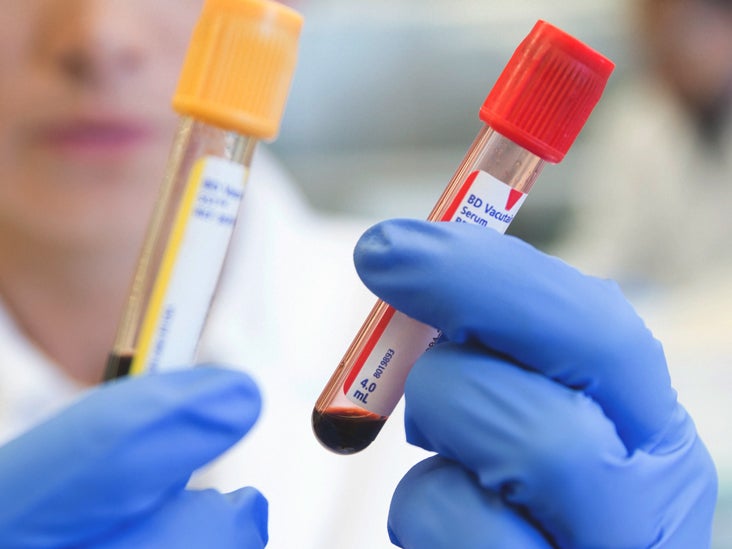
How Blood Is Drawn Procedure, Tips to Relax, and More

'Vein viewer' gives medical professionals better look before blood draw

How Important is Hydration for Your Heart and Blood? HydrateM8

The Length Of Time You Should Hydrate Before A Blood Draw

Vitamins and Minerals Involved In Fluid And Electrolyte Balance
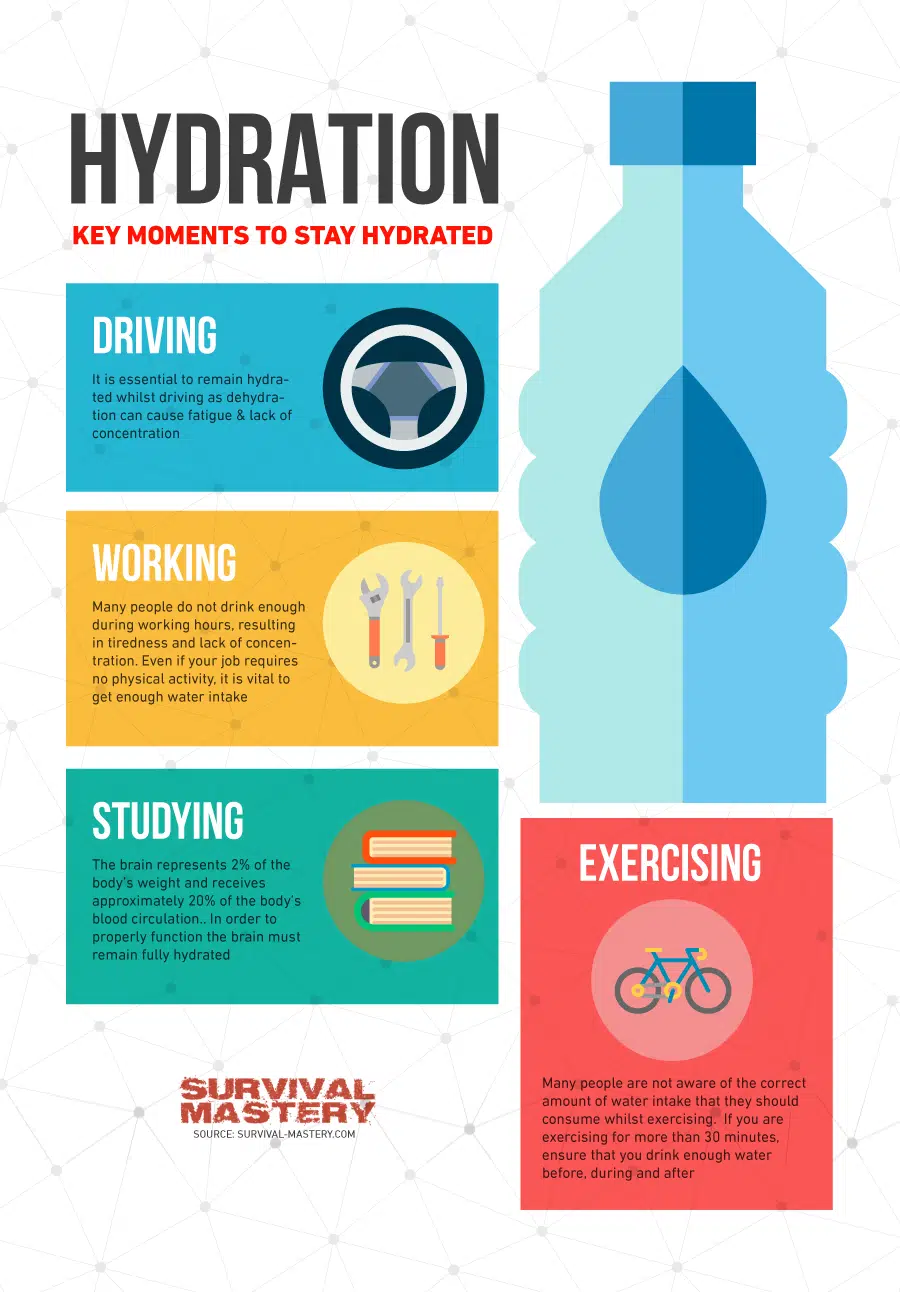
Overhydration Symptoms, Effects, Treatment And Prevention
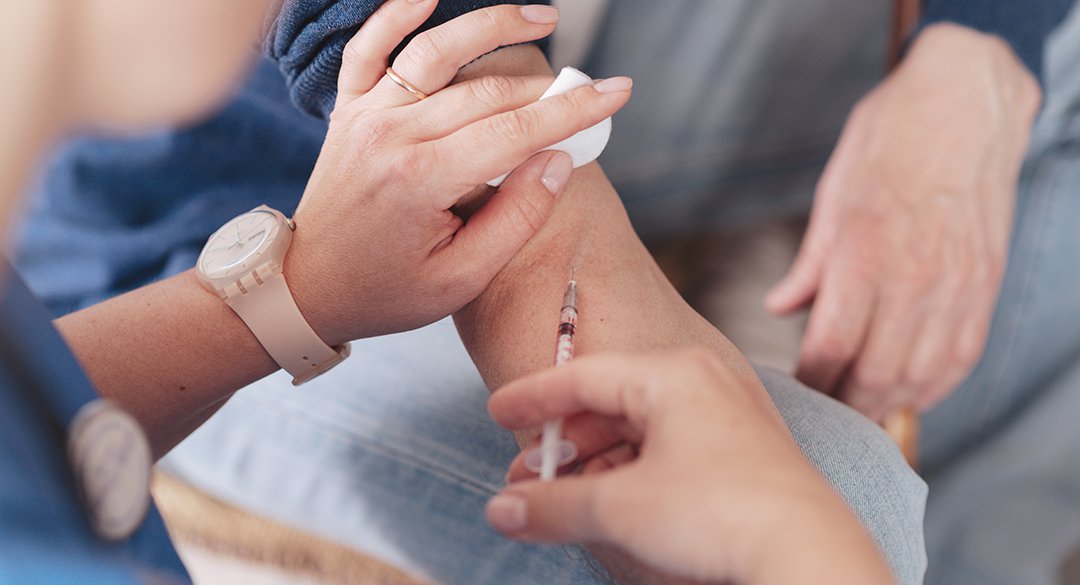
Getting Your Blood Drawn What You Need to Know One Medical

Why Hydration Is So Important and how we can keep our bodies topped up
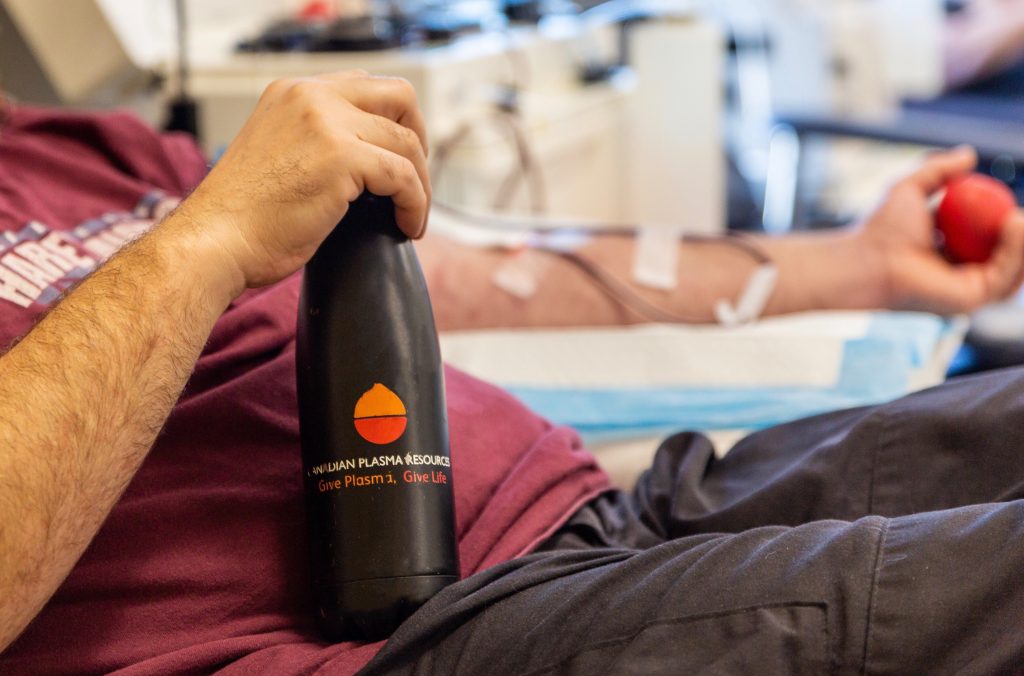
Why You Should Stay Hydrated Before Donating Blood Plasma Canadian
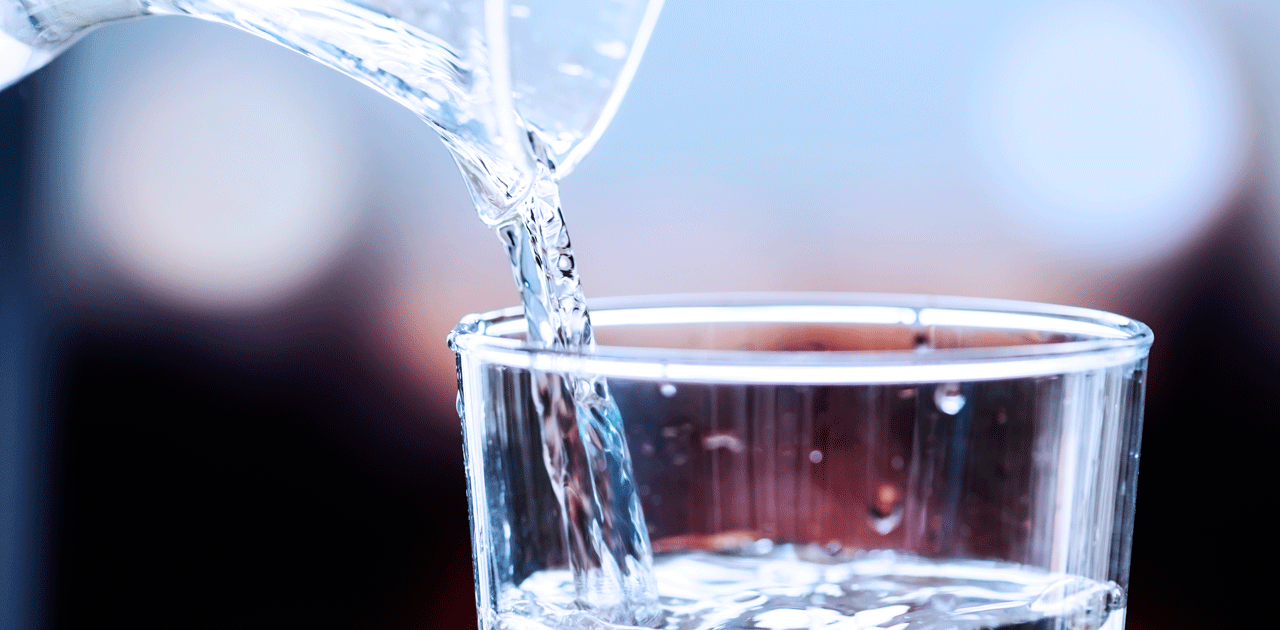
Can you drink water before a blood test? OnFocus
Staying Hydrated Keeps More Fluid In Your Veins, Making The Blood Draw Easier.
Web The Science Behind Hydrating Before A Blood Test Drinking Water Can Have A Positive Effect On The Body’s Circulation And Blood Flow.
This Can Make It Easier For The Technician To Find Your Veins And Draw Your Blood.
Avoid Coffee And Other Caffeinated Drinks, Which May Dehydrate You.
Related Post: